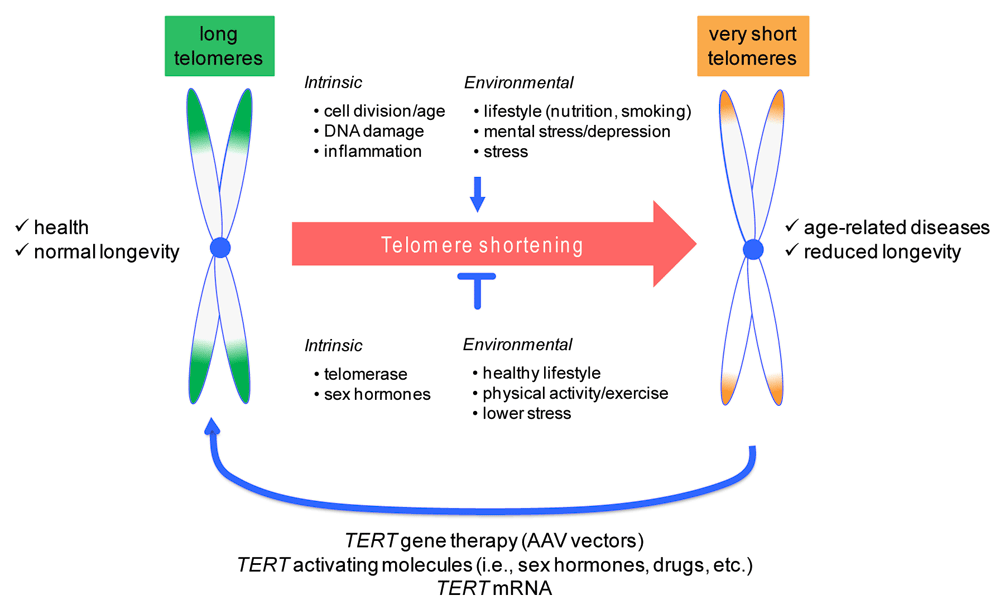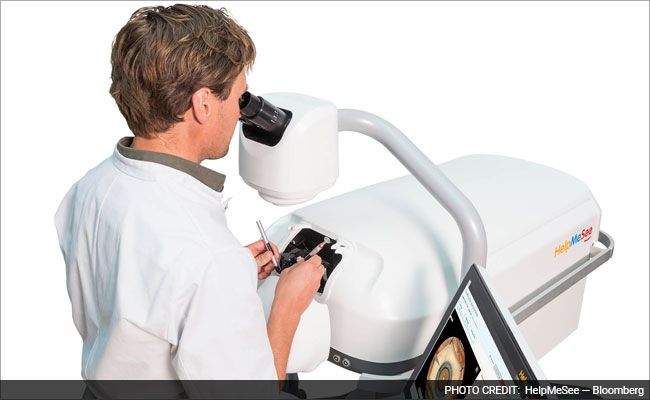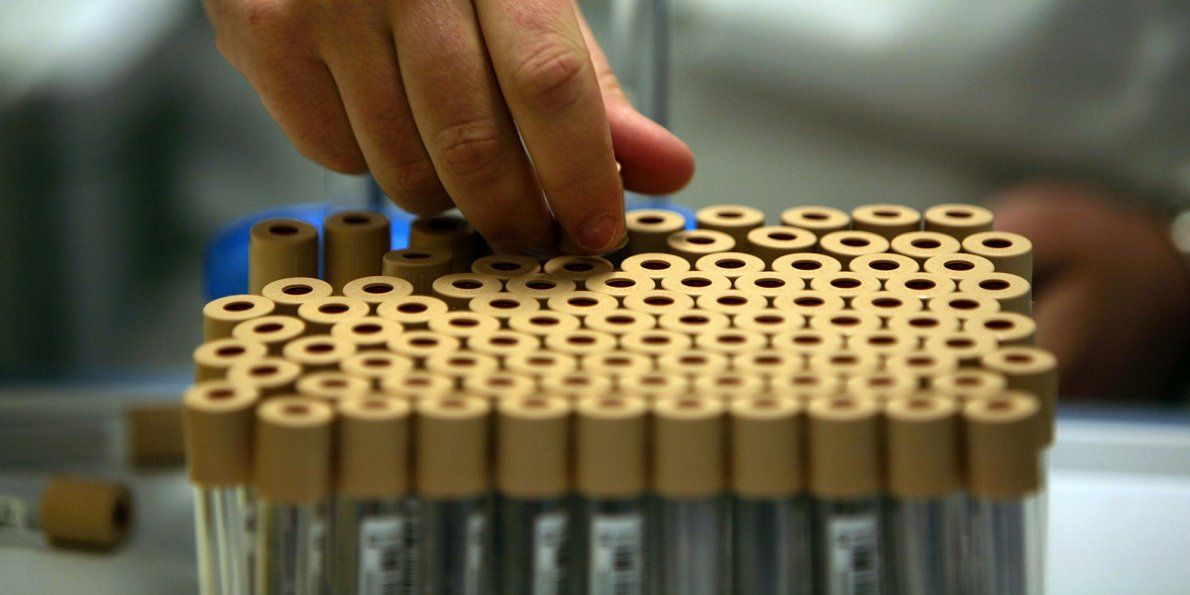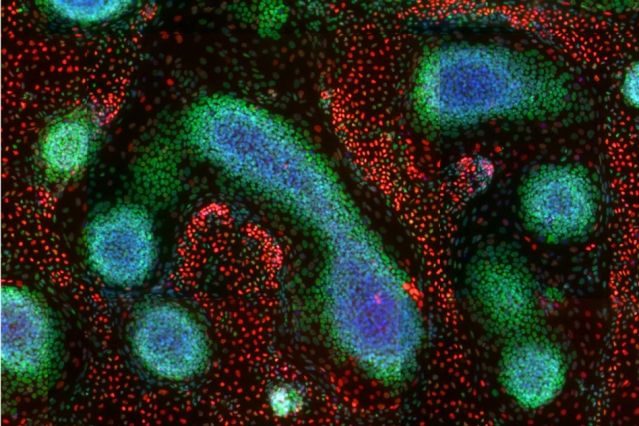Jan 26, 2016
2016 – The Year of Robot Democratization?
Posted by Karen Hurst in categories: biotech/medical, drones, food, health, internet, robotics/AI
The things we need to know for the 2016 robotic experience — robot clusters, manufacturing & logistics, food & healthcare, A3 Mexico Coming Soon and robotics integration.
Bold predictions for Collaboration, Connectivity and Convergence rang in 2015. One industry insider even called them prescient. Looking back a year later, we see the five-year forecast materializing faster than expected.
Industrial Internet of Things (IIOT) is more than a buzzword. With drones taking to the skies and autonomous robots navigating our warehouses, local eateries, hotels, hospitals, and stores, and soon our roadways – the differences between industrial, collaborative, and service robots continue to blur. No longer are robots reserved for multinational conglomerates or the rich eccentric with a sweet tooth for high-tech toys. SMEs and your average homeowner can now join the party. Sensors, software, and hardware are getting smarter and cheaper. We’re democratizing robotics for the masses.
Continue reading “2016 – The Year of Robot Democratization?” »
















